


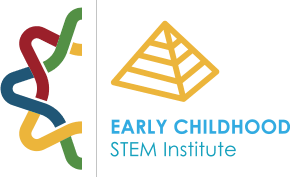
March 31-April 2, 2025
In March 20-22, 2024, Region 9 Head Start Association presented their annual Early Childhood STEM Institute. The STEM institute was delivered in person at the Sheraton Hotel in Downtown Phoenix, Arizona. This year the STEM Institute focused on children’s interest in learning about the world around them. From skill-building in daily routines and play to exploration and collaboration activities, children are drawn and celebrate the WHYs of early years. Which is where we adopted our theme “Children as Innovators.”
Day 1 featured keynote speaker, Dr. Daryl Greenfield, a Professor of Psychology & Pediatrics and Cooper Fellow at the University of Miami, Coral Gables, FL. He works at the intersection of research, policy, and practice in early science education, using science, technology, and engineering (STE) as the foundation for improving multiple areas of school readiness and developing 21st Century Thinking Skills for infants, toddlers and preschoolers at educational risk (click here to learn more about Dr. Greenfield Organization). He has led multi-year grants from federal agencies including the Institute of Education Science (IES), the Administration for Children and Families (ACF), the National Science Foundation (NSF), the National Institutes of Child Health and Human Development (NICHD), and projects funded by private foundations including the Stranahan Foundation, The Buffet Early Childhood Fund, the United Way, and the Glenn W. Bailey Foundation. Dr. Greenfield presented on “Seeing and Supporting Young Children as Scientist and Engineers for High Quality Early Childhood Teaching and Learning.”
On the second day of the STEM institute, Pacific Clinic’s Early Childhood Education Manager, Judy Cashell, facilitated the Curriculum Fair. This event highlights a wide variety of infant toddler early STEM curriculum presentations conducted by teachers with displays and documentation of their infant/toddler curriculum ideas and projects. The Curriculum Fair is an active, dynamic, and effective way to raise the quality of STEM curriculum in ECE programs. “A celebration of Teachers Teaching Teachers.”
On the third day, closing Keynote Speaker Lloyd Hopkins presented “Teachers and the Important Role they Play in STEM.” This speech emphasizes the unique challenges and opportunities faced by teachers in STEM Fields, acknowledging their role as mentors who ignite a love for discovery. It highlights the transformative impacts educators have on young minds, not only imparting theoretical knowledge but instilling problem-solving skills and a mindset of continuous learning.
Local celebrity, Lloyd Hopkins, is Executive Director/Founder, Million Dollar Teacher Project. Lloyd Hopkins is an organizational leader with extensive experience in community and nonprofit work. He has worked in and around education for 18 years. He graduated from Arizona State University with his degree in Nonprofit Management and Leadership and took his passion for ensuring quality education for all to launch the teacher recruitment and retention program, Million Dollar Teacher Project. In addition to being a Founder and Executive Director he is also an entrepreneur and philanthropist. As a philanthropist he is the Chair of Real Engagement through Active Philanthropy (R.E.A.P) which is a fund under the Arizona Community Foundation the supports programs making positive impacts on African-American Youth and is currently working with an Achieve60AZ Taskforce on improving attainment for the African American community in Arizona. For his efforts he was recently a finalist for the Phoenix Center of the Arts Mayor’s Arts Awards for his Million Dollar Teacher Tree program and was honored by the East Valley NAACP with the Malala Yousafzai Equity in Education Award. He is also an alum of Valley Leadership’s Class 40.
The STEM Institute offered attendees with a variety of breakout sessions with inspirational topics from, “Introducing Coding, Engineering, Robotics, and Augmented Reality to Preschool age Students” presented by Andrea Nestvold, “Unleashing the Power of Storytelling to Develop Creative and Critical Thinking in Young Children” Presented by Maria Ruiz, and many more incredible sessions.
As we close the 2024 Early Childhood STEM Institute let us celebrate the the journey, enthusiasm, and knowledge gained. This milestone represents a step forward in our personal and collective growth.
We would like to extend our most heartfelt thank you to the 2024 Early Childhood STEM Institute Committee: Judy Cashell, Pacific Clinics Head Start, Jessica Rivera, Arizona Head Start Association, Alma Quintana, Cadie Chavez, City of Phoenix Head Start, Nadia McKern, South West Head Start, Maria Ruiz, Stanislaus County Office of Education, Patti Francis, KidZCommunity, Susan Garland, SETA Head Start, Alejandra Lilene Barrio, Hope Street/Common Spirit, and Janette Ortega, Catholic Charities Westside Head Start. You worked tirelessly behind the scenes to ensure the smooth execution of the conference. Your hard work and dedication have not gone unnoticed, and I am immensely grateful for your contributions.
We would also like to express our deepest appreciation to our Presenters and Co-presenters, volunteers, photographer, Yoga Instructors, musicians, AV Concepts, Sheraton Hotel Staff, Arizona Science Center, Curriculum Fair Participants and our wonderful Keynote Speakers, Daryl Greenfield and Lloyd Hopkins. Lastly, a sincerest gratitude to our sponsors: Child Plus, The Discovery Source, Woz ED, Hatch Early Learning, Discount School Supply, Kaplan, KODO Kids, Lakeshore, Learning Beyond Paper, and ContinuED.
In closing, we extend our warmest thanks to each of you for making 2024 Early Childhood STEM Institute an unforgettable event.
To view pictures of this wonderful event CLICK HERE and use password “STEM2024.”
In March 2022, Region 9 Head Start Association presented their annual Early Childhood STEM Institute. The STEM Institute was delivered virtually and offered On-Demand options for attendees. Sessions were offered in both English and Spanish. This year the STEM Institute focused on educator’s discovery and love for science, technology, engineering, and math to nurture young learners and their families. With the overall theme “Educators as Seekers.”
Day 1 featured keynote speaker, Ernie Mendes, an organizational psychologist and licensed marriage and family therapist. Mendes has consulted in early education for over 15 years and is the author of three books: Empty the Cup…before you fill it up; Engage 4 learning; and Virtual Engagement. Mendes presented on “Being our Best Self in the Classroom & Managing Disruptive Behavior”.
Mendes focused on the return to in-person teaching, which has been accompanied by more disruptive behaviors in the classroom. Mendes explains how innovation, problem solving, and critical thinking creates meaning in our lives and presented attendees with practical ideas to use personally and with their students to future possibilities.
On the second day of the STEM institute, the general session was led by keynote speaker Dr. Chip Donohue. Donohue is a founding director of the Technology in Early Childhood at the Erikson Institute and a senior fellow of the Fred Rogers Center. Donohue’s keynote addressed “What changed? What won’t change? What is the role of technology beyond the pandemic? A call to action for seekers in the next new normal”.
Dr. Donohue explored what was lost and found due to the pandemic and identified silver linings as Head Start programs introduced technology as an essential tool to connect, communicate, and strengthen relationships. He
explains how the role of technology changed as educators integrated it in a more intentional way for learning and family engagement. Prompting educators to make connections between what they used to do, what they learned and what they can do moving forward to the next new normal.
On the third day, Keynote speaker Wendy Ward Hoffer addressed “Cultivating STEM Identities”. Hoffer is a former math and science teacher who is currently a Senior Director, Content Development & Publications at PEBC. She is also the author of four books on teaching math and science for understanding.
Hoffer’s session taught the importance of having a positive regard for STEM, by looking into the forces that may dispel people from STEM topics. Hoffer then explained ways to embrace math and science and how to inspire educators to introduce young learners to their power as problem solvers and thinkers.
The STEM Institute also offered attendees with a variety of labs and breakout sessions. Labs covered topics from “Inspiring Minds” to “STEM & Creativity in the Outdoor Classroom”. Breakout sessions were offered in both English and Spanish with sessions covering topics ranging from “Setting the Stage for Learning; Intentional Environments” to “STEM is All Around Me!”
Given Head Start programs were yet impacted by the pandemic, Region 9 Head Start Association presented this year’s conference online. With the Early Childhood STEM Institute bringing the joy of learning in a tangible and hands-on way for the entire Head Start community, this conference appropriately had the theme of “STEM at Home.” The following is a summary of the keynote speakers and their covered topics.
Day 1 keynote address “Children As Explorers—Dreaming Big: An Astronaut’s Journey to the Stars” featured former NASA astronaut Jose Hernandez, M.S., who weaved for participants his journey, from a migrant farmworker to a flight engineer on the Space Shuttle and the International Space Station. Along the way, he highlighted the importance of early childhood development, solid study habits instilled at a very young age by his mom, the importance of parental empowerment and developing a plan for success.
The next speaker was Diana Wehrell-Grabowski, Ph.D., an educational consultant, specializing in science and STEM content. She has more than 30 years’ experience in education as a full-time science teacher, adjunct professor and owner of a science education consulting company.
Her General Session presentation “Children as Observers of Science—Fostering Curiosity and Creativity Through STEM Learning Experiences at Home” was based on the fact that children are natural-born scientists who are curious about the world around them. Using an interactive presentation where participants were guided through simple, playful STEM-based explorations, Dr. Werell-Grabowski demonstrated how parents and educators can foster young children’s natural curiosity and creativity at home and school.
In the Day 2 General Session, husband-and-wife team of Dr. Doug Clements and Dr. Julie Sarama presented “Children as Curiosity Seekers—Learning Trajectories for Teachers and Professional Developers.” Dr. Clements, a professor at the University of Denver, holds the Endowed Chair in Early Childhood Learning. Dr. Sarama, also a professor at the University of Denver, holds the Kennedy Endowed Chair of Innovative Learning Technologies University of Denver.
As early math evangelists for providing children with fun tools to explore and learn complex subjects, Dr. Clements and Dr. Sarama have used their own experience teaching and years of investigating how young people learn mathematics to develop the Learning and Teaching with Learning Trajectories (LTLT) tool. According to them, children follow natural developmental progressions in learning. There are sequences of activities that are effective in guiding children through these levels of thinking and these developmental paths are the basis for what they call learning trajectories. They showed how the LTLT tool is a resource for trainers and teachers in understanding children’s thinking and why specific activities develop that thinking.
What does the evidence say about early childhood education? In a Day 2 presentation, “Evidence Says!—Early Childhood STEM,” Assistant Professor Andres Sebastian Bustamante, Ph.D., of U.C. Irvine’s School of Education, reported on the latest research in early STEM education and provided examples of high-quality programs and activities. His presentation covered each of the four areas of STEM (science, technology, engineering and math) and recommended accessible resources for classrooms.
Dr. Bustamante told conference participants that STEM is everywhere. He showed how extra planning and intentionality can deepen and extend the early STEM experiences that are already happening. He explained how he designs and implements play-based early childhood STEM activities where children and families spend time, such as parks, school yards, grocery stores. These designed activities—which incorporate learning across school-readiness domains of language, literacy and social emotional development—take advantage of children’s natural drive to understand the world around them.
High School senior Ahmed Muhammad in a Day 2 General Session spoke about “Children as Experimenters.” The Oakland Tech student is the founder of Kits Cubed, an initiative to engage and ignite every child’s scientific imagination. An aspiring scientist, Ahmed attributes his love for science to his early, hands-on experiences with STEM at local summer and after-school programs.
Muhammad detailed how he was inspired to use his love for science to better our communities. Seeing a lack of science resources at his school, he created Kits Cubed, a youth-led, nonprofit organization whose mission is “to introduce youth to the wonders of science through fun, affordable, and accessible means.” The company designs, assembles, and distributes hands-on science projects for elementary school children. The science kits are purposefully designed to require little to no internet or computer access and are created to be both fun and affordable.
Highlight of Day 3 was the General Session with renowned paleontologist and children’s TV host Scott D. Sampson, Ph.D. He is executive director of the California Academy of Sciences in San Francisco. Dr. Sampson left teaching at the University of Utah to join the museum, where he leads its programs of scientific research, sustainability and education. Dr. Sampson’s mission is to bring awareness to what has been called the “nature deficit disorder.” Children nowadays, he said, are spending less time outside and this threatens their health and the health of the planet. The average North American child fills seven to 10 hours a day gazing at screens and closer to seven minutes playing outdoors. This new reality has been labeled “the extinction of experience.”
In his presentation, “Children as Science Leaders: How to Raise a Wild Child,” Dr. Sampson offered simple tools freely available that any parent, teacher or caregiver can use to connect the children in their lives with nature and awaken a deep sense of wonder. “We need to interject more of the natural world in formal and informal learning,” Dr. Sampson said.
With the theme “Children As Conservators,” this conference focused on understanding that young children have the intellectual capacity to develop scientific skills and knowledge. Piaget called this the theory of conservation, in which the child realizes that properties of objects—such as mass, volume, and number—remain the same, despite changes in the form of the objects. Participants learned how to engage children in hands-on learning that is based on asking questions about their natural environment and then finding the answers; the latest developments in early childhood STEM education research and practice; and techniques to promote school readiness for a smooth transition to elementary school and provide a foundation for further STEM learning.
The opening keynote address was by Judy Harris Helm, EdD is a national and international speaker and trainer on project work, engaged learning, documentation, and school design. Dr. Helm served as the educational planner for three early childhood centers and two birth–8th-grade community schools. She helps teachers of preschool through 3rd grade to integrate research into their curricula.
Los Angeles-based filmmaker Nirvan Mullick, a speaker and change-maker, provided closing remarks. Mullick’s short film Caine’s Arcade became a viral phenomenon in 2012, receiving millions of views and changing the life of one creative 9-year-old boy. Following Caine’s Arcade, Nirvan founded Imagination.org to foster creativity for children worldwide and created a Global Cardboard Challenge that has since engaged over 1 million children in 80 countries. Imagination.org now supports more than 150 Chapters in 20 countries, providing kids with time for creative play weekly.
With the theme “Children as Adventurers,” this three-day institute, offered attendees a variety of opportunities to gain knowledge from listening, doing, playing, and networking with their peers. In addition to traditional workshops, the Early Learning STEM Institute featured a simulated Anji play experience. Workshops included promoting scientific inquiry with infants and toddlers; developing children’s STEM higher-order thinking skills through the creation of a vertical vegetable garden; story-time engineering to bridge literacy and STEM; how to successfully incorporate STEM activities in the outdoor environment and panel discussions with Early Childhood STEM Experts on the future of math and science in early education.
Chinese educator Cheng Xueqin gave the keynote address on “Exploring Anji Play.” Xuequin developed the internationally recognized philosophy and approach to early learning. Anji Play is the curriculum of the 130 public kindergartens in Anji County, China serving more than 14,000 children from ages 3 to 6.
Dr. Osnat Zur provided the closing session remarks, speaking on “Supporting Early STEM Thinking and Learning: The Critical Role of Teachers.” Zur, a developmental psychologist, with expertise in children’s cognitive development, focusing primarily on the development of mathematical and scientific reasoning, is a Senior Program Associate with the Center for Child & Family Studies at WestEd. She serves as Project Director as part of WestEd’s collaboration with the National Center for Early Childhood Development, Teaching and Learning. Her remarks provided examples of developmentally appropriate, playful early learning STEM experiences.
.
The theme of the 2017 STEM Institute was Children as Inventors. With this in mind, a number of elements have been added to support Head Start education staff to navigate new knowledge and experiences supporting innovation in our environments. The conference included a number of hands-on workshops, a model classroom environment based on the resource books, Loose Parts, and a Curriculum Fair.
The opening keynote address. “The Importance of Engaging Young Students in Science,” was given by Dr. David T. Crowther, University of Nevada, Reno. Crowther is a Professor of Science Education at the University of Nevada, Reno, and the Director of the Raggio Research Center for STEM Education at UNR. He has five years of experience teaching at the elementary-middle level as well as summer teaching at the 8- 12th grade level in biology. He served as president of the National Science Teachers Association (NSTA), the largest science/STEM teacher organization in the world. His presentation focused on engaging in STEM practices because they are an essential part of both a formal and informal education for all students and it must begin at a very early age.
The conference’s closing keynote presentation was by Amanda Bryans, Office of Head Start, where she has worked for more than 27 years, including five years as the Disabilities Services and Education Coordinator, and five years as the Director of the Albany, NY Head Start program. She recently oversaw the development of the Head Start Early Learning Outcomes Framework and contributed to writing the newly released Head Start Program Performance Standards. She focused on exploring new opportunities embedded in the new Head Start Program Performance Standards (HSPPS) and Head Start’s Early Learning Outcomes Framework (HSELOF).
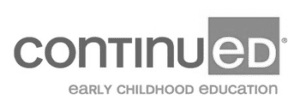




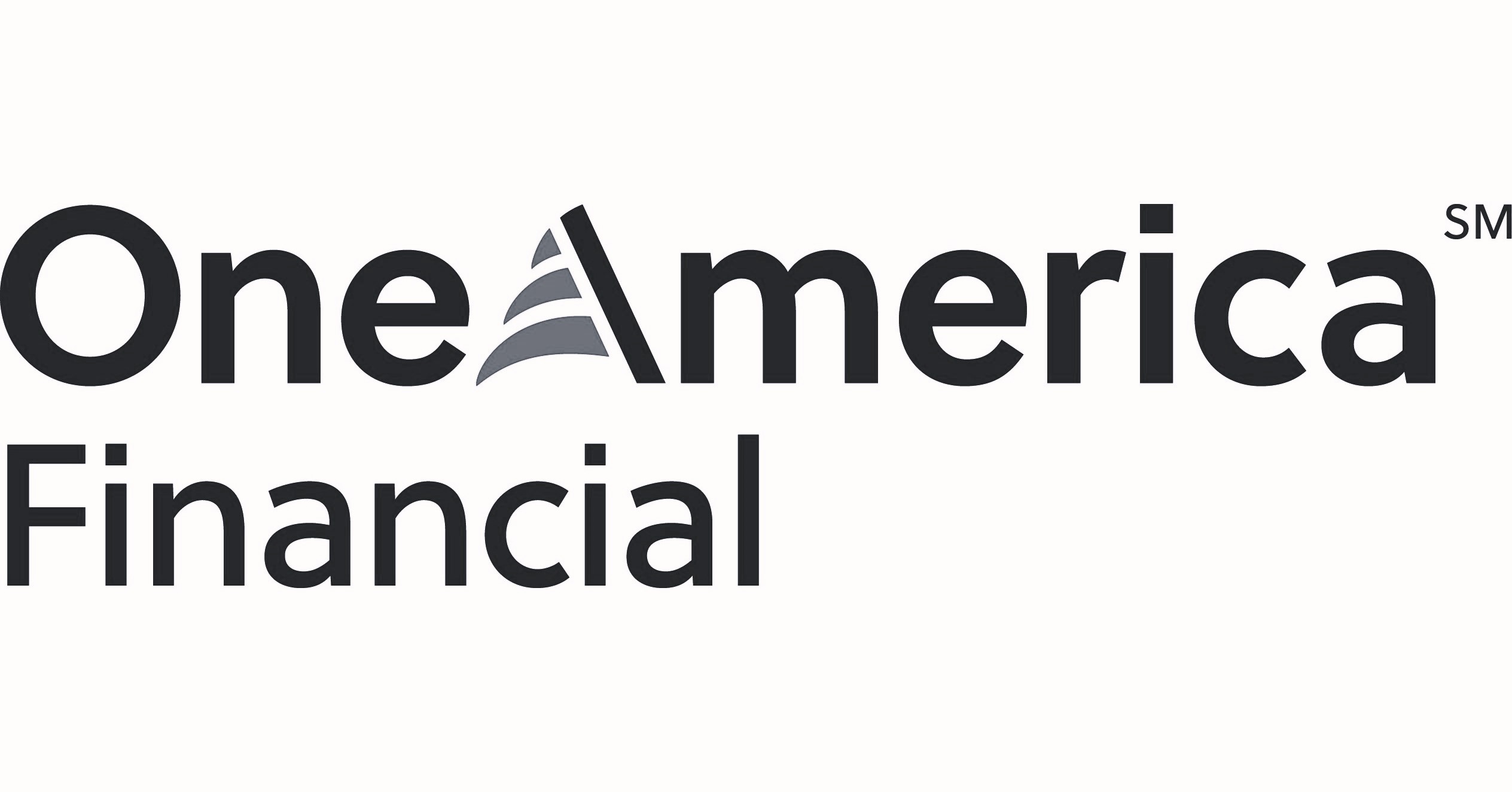
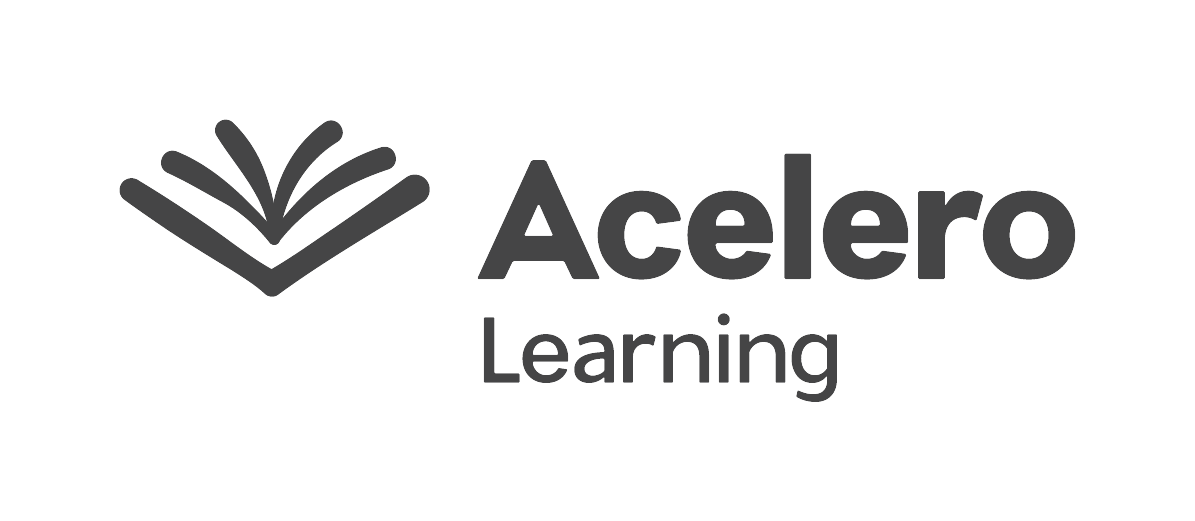
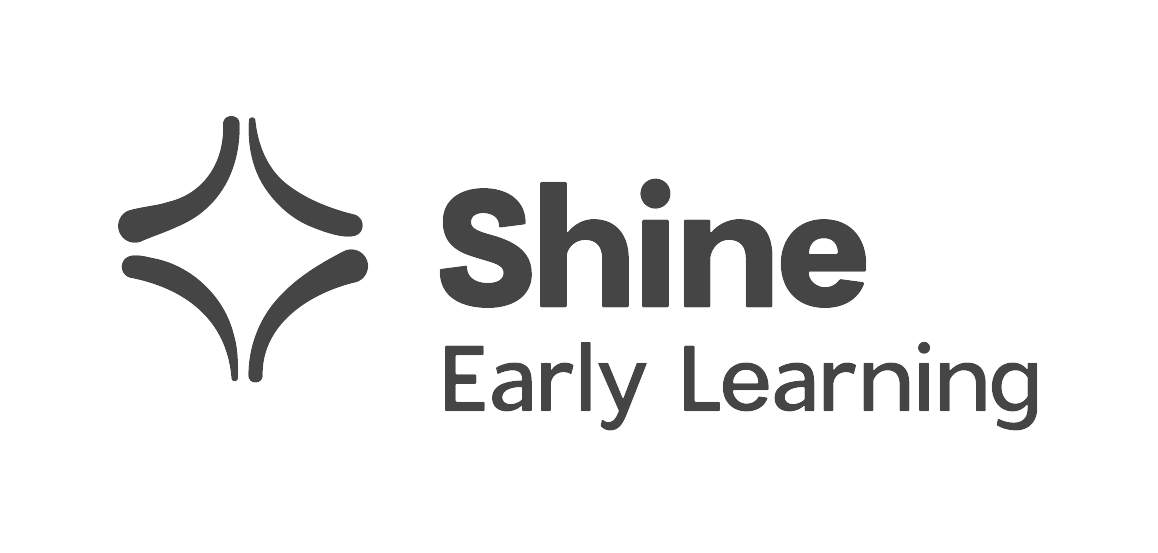

I have been to management workshops, not leadership training. This has totally changed my perspective and encouraged me to propel forward in developing my skills.
I am honored and humbled to be a recipient of the Region 9 Head Start Association’s Legacy Scholarship. The scholarship helped me get one step closer to achieving my goal of becoming a Head Start Director.
I took part in The disproportionate impact of COVID 19, and how to provide “real” support for black/brown children and families and I just want to say this was an amazing webinar. I hope we can look forward to further conversation on this topic.
Thank you so much for making events like this! I really enjoyed and learned so much teaching strategies to implement STEM in the classroom.
The HR Network was an excellent opportunity to network and learn the best practices from other HR professionals within Head Start programs. You will be amazed by the level of talent and experience of the participants.
The Summer Camp training was powerful and inspiring! Each presenter was very engaging, it’s hard to even pick a favorite session!
The Leadership Challenge training was very relevant to my work as a Head Start leader! Great facilitation; stayed with the program yet allowed time for individual and small group reflections.
Regular price $12.00
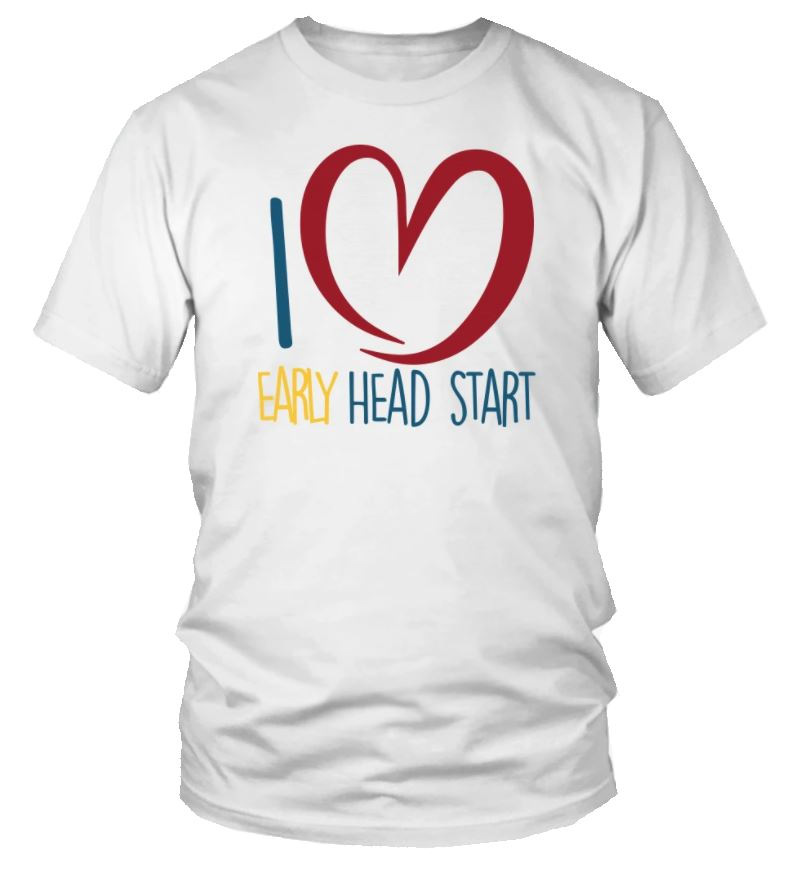
Regular price $39.00
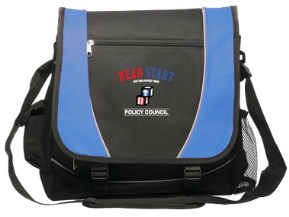
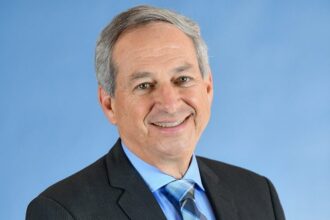

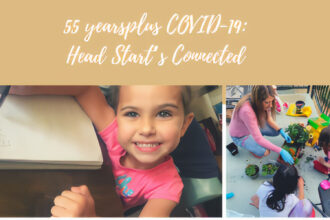
Questions? Contact us at headstartr9@region9hsa.org.